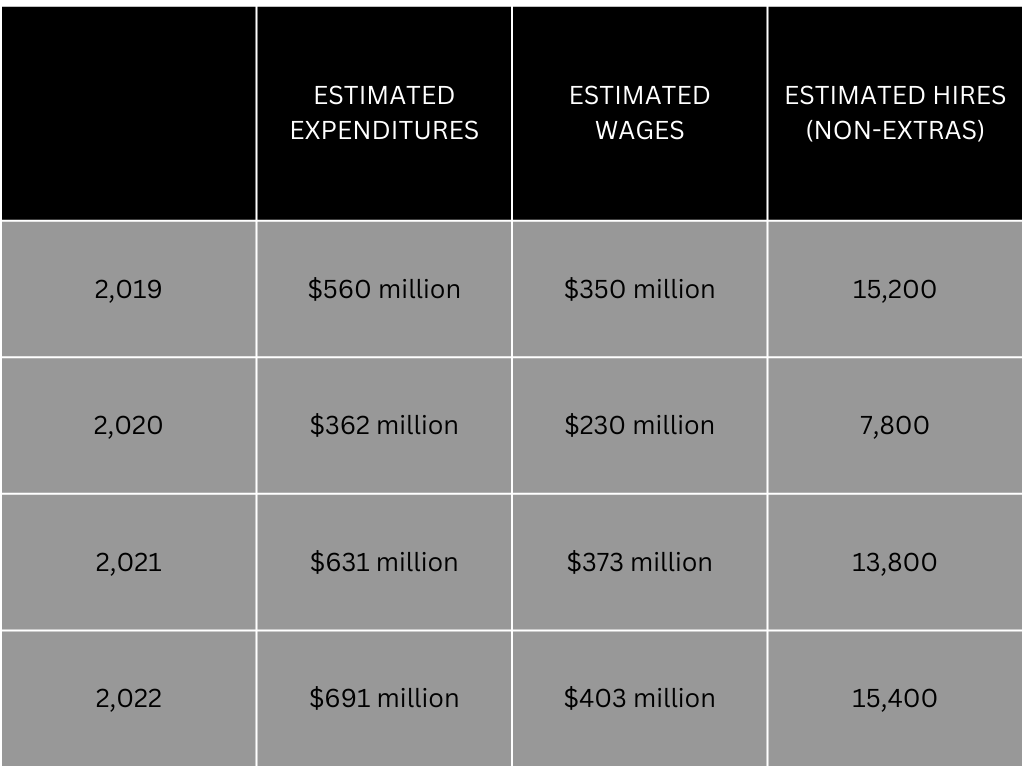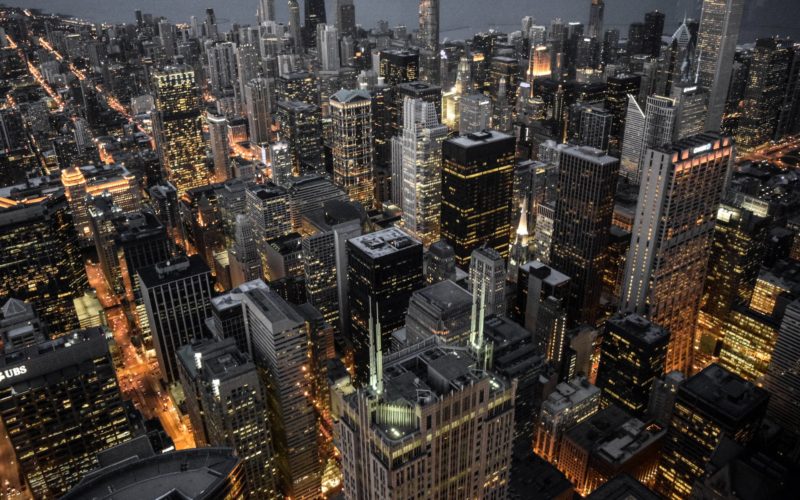Chicago’s impact on the film and video production industry traces its roots to the early 20th century, when it commanded over 80% of the nation’s film distribution market. This dominance played a pivotal role in shaping the city’s reputation as a cinematic hub, setting the stage for its enduring significance.
The city’s historical commitment to film laid the foundation for a culture of innovation. Chicago’s filmmakers pioneered techniques, technologies, and storytelling methods, contributing to the evolution of the entire industry.
Unveiling the secrets of Chicago’s video production industry reveals a captivating journey of innovation, resilience, and collaboration. From its historical dominance to its contemporary prowess, Chicago remains a dynamic force in the world of filmmaking. As the city continues to evolve, so too will its skills. MatchPoint Studio and other Chicago-based film studios are creating an ever-unfolding narrative for the future of Chicago’s cinematic legacy.
The Historical Roots and Evolution of Chicago’s Video Production
The Early Days
As early as 1907, Chicago was at the epicenter of America’s burgeoning film industry, with over 15 film exchanges operating in the city and controlling 80% of the distribution market nationwide. This predominance gave rise to Chicago’s reputation as a pioneering filming location, shaping many early trends in technique and technology.
A Creative Resurgence
After a relatively lull mid-century, the 1980s kicked off a renaissance in Chicago’s film production. Cult classics like “The Blues Brothers,” “Ferris Bueller’s Day Off,” and “Risky Business” put Chicago back on the cinematic map, sparking a modern tradition of on-location filming that continues to lure big productions to the Windy City.
Present Prominence
Today, Chicago’s early foothold in film distribution and its contemporary filming renaissance have shaped its leading role, both nationally and globally. The city’s production infrastructure and talent pool make it uniquely positioned to respond to emerging trends like drone videography and VR/AR integration.
Economic and Cultural Impact

As a regional creative industries powerhouse, Illinois drives substantial economic activity and job creation in film and media:
- Over $630 million in film production revenue in 2021, surpassing pre-pandemic levels
- Nearly 32,000 media production jobs statewide
This success transfers significant benefits to Chicago in the form of investment, tourism, and community renewal centered around production hubs.
Culturally, video production permeates Chicago’s identity, driving interest in its iconic architecture, sports teams, music scene and complex history. On-screen portrayals shape wider perceptions of the city for generations.
Challenges and Opportunities
Rapid growth in demand for production resources has stretched available infrastructure. Film crews searching for shoot locations or parking sometimes disrupt local neighborhoods, causing tension.
In response, both government and industry leaders aim to promote sustainable growth benefiting all stakeholders. Recent city initiatives provide resources to production managers for minimizing community impact. Organizations like the Chicago Filmmakers Coalition facilitate connections between production crews and underutilized public properties suitable for filming.
These efforts and the booming production market highlight opportunities to integrate economic development with social responsibility and creative entrepreneurship. Ambitious initiatives could establish Chicago as a global leader in sustainable video production.
Future Outlook
The future of Chicago’s video production industry is poised to be influenced by three pivotal predictions:
Interactive Content Experiences with VR, AR, and New Formats:
The rise of virtual reality (VR), augmented reality (AR), and emerging content formats is expected to revolutionize the video production landscape. The demand for immersive and interactive experiences will drive content creators in Chicago to explore new storytelling techniques, pushing the boundaries of traditional video production.
AI and Automation for Production Optimization:
As technology continues to advance, the integration of artificial intelligence (AI) and automation is anticipated to play a significant role in optimizing the video production process. From streamlining editing workflows to enhancing visual effects, the adoption of AI-driven tools will contribute to increased efficiency and innovation within the industry.
Growing Emphasis on Sustainable Practices:
With the industry scaling up, there will be a heightened focus on sustainable practices in video production. From eco-friendly film sets to energy-efficient equipment, the need for environmentally conscious approaches will become more pronounced. Chicago’s video production sector is likely to witness a shift toward sustainability as a key consideration in future projects.
To navigate these transformative trends successfully and ensure the industry’s longevity, collaboration between the public and private sectors will be crucial. Chicago’s demonstrated history of successful collaboration among diverse stakeholders positions the city favorably for innovation while preserving its livability and diversity. The synergy between government initiatives, private enterprises, and creative talents is expected to foster an environment where Chicago’s video production industry can thrive amidst technological advancements and evolving consumer preferences.
Frequently Asked Questions (FAQs)
What makes Chicago’s video production industry unique?
Chicago’s early foothold in film distribution history combined with its contemporary filming renaissance has created an environment optimized for adapting to emerging trends in technology and technique – from the integration of drones and FPV to the rise of new formats like VR and AR.
How can I build a career in video production in Chicago?
Opportunities span from formal training programs at institutions such as Tribeca Flashpoint College and Chicago Filmmakers Workshop to hands-on experience offered by grassroots organizations like the Chicago Filmmakers Coalition and Precision Social, facilitating proficiency in cutting-edge techniques like drone videography
What are the main challenges facing the industry today?
Balancing robust production enabled by Chicago’s extensive resources against responsibility toward residential neighborhoods is crucial. Recent efforts by both government and industry leaders to promote sustainable growth provide cause for optimism.
Final Takeaway
Delving into the context, impact, and potential future of Chicago’s video production industry provides a valuable insider perspective on its dynamic nature. Shaped by a rich history and a culture of resilience and adaptation, the Windy City stands on the precipice of significant growth and innovation in the years to come. As the industry continues to evolve, Chicago’s prominence in the realm of video production is set to leave an enduring mark on the broader landscape. The convergence of creativity, technology, and entrepreneurial zeal paints a promising portrait of the enduring success and vibrancy of Chicago’s video production sector.












